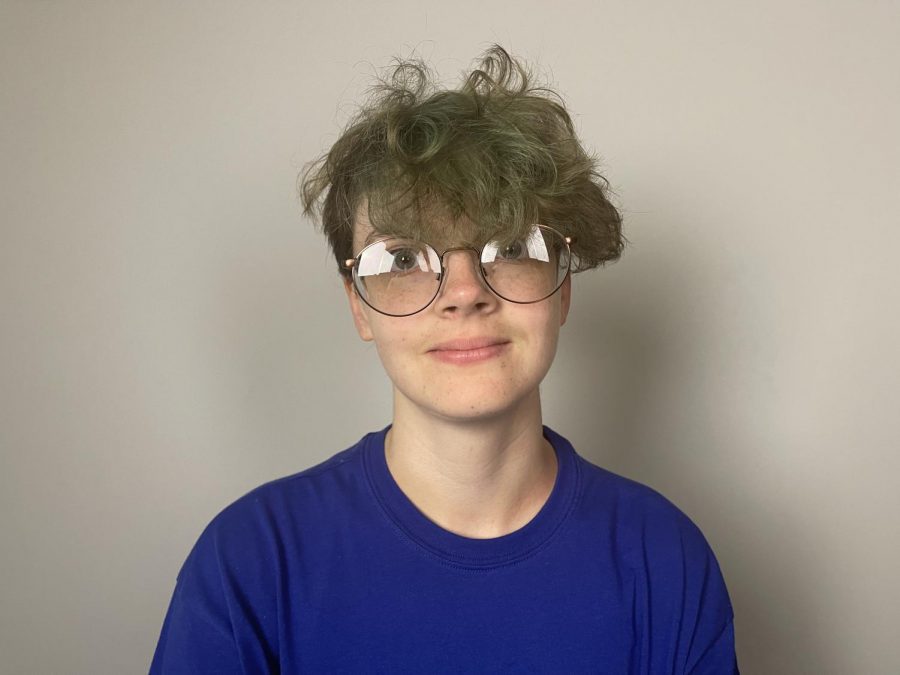COLUMN: Experiences as someone who is aromantic and not asexual
October 11, 2021
For those who may remember my column about being aromantic, you may have seen the part where I mentioned how I’m not asexual. I feel like a lot of people glossed over that part or ignored it. But it’s an important part of my identity, and I want to share a bit of my experience.
I’m aromantic and allosexual. The short term in the community is “aroallo,” or “alloaro,” depending on what someone prefers. Aroallo people experience little to no romantic attraction, but they experience sexual attraction like the majority of people. In a world where sex and romance are so intertwined, and in a culture where sexuality is so shamed and ignored, it feels like a struggle to connect with the people around me.
When most people hear about aroallo people as a concept, they think that we’re automatically predators or that we’re “easy.” There’s also a horrible misconception that aroallo people lead people on to take advantage of them. I’m here to say that all of these are harmful stereotypes aren’t true at all. In fact, a big ongoing discussion in the aroallo community is about consent and making intentions clear before getting intimate with anyone. Our community is quite the opposite from what people assume of us, believe it or not.
Another harmful misconception is that since we experience sexual attraction and not romantic attraction, we consent to anything sexual. This is never true. Someone’s sexuality doesn’t equal consent. I cannot tell you the amount of times where I’ve come out to people as aroallo when first meeting them and how fast the conversation went from small talk to sex. Bottom line: if I’m not close to you, I don’t want to hear what turns you on or who you find attractive. I would rather not hear anything about that, actually. I promise you that if we’ve only been talking for ten minutes, I couldn’t care any less.
Aroallo people are not automatically hypersexual, nor are we predators. All we want is a place in this world where we can be ourselves without being avoided or put into uncomfortable or dangerous situations. I want to be able to come out to people without their automatic disapproval. Sexuality is an important part of our identity. Even if someone is asexual, they can feel defined and empowered by their lack of sexual attraction. We all have different experiences with sexuality, and I believe that all of our experiences should be valued and heard. I feel the same amount of sexual attraction as allosexual people who experience romantic attraction, so why am I villainized for it? Why am I so different? And why do people refuse to be educated about people like me?
Ian Stobaugh is a freshman German major. He can be contacted at 581-1812 or amstobaugh@eiu.edu.
















![[Thumbnail Edition] Senior Foward Macy McGlone, getsw the ball and gets the point during the first half of the game aginst Western Illinois University,, Eastern Illinois University Lost to Western Illinois University Thursday March 6 20205, 78-75 EIU lost making it the end of their season](https://www.dailyeasternnews.com/wp-content/uploads/2025/03/WBB_OVC_03_O-1-e1743361637111-1200x614.jpg)




















































